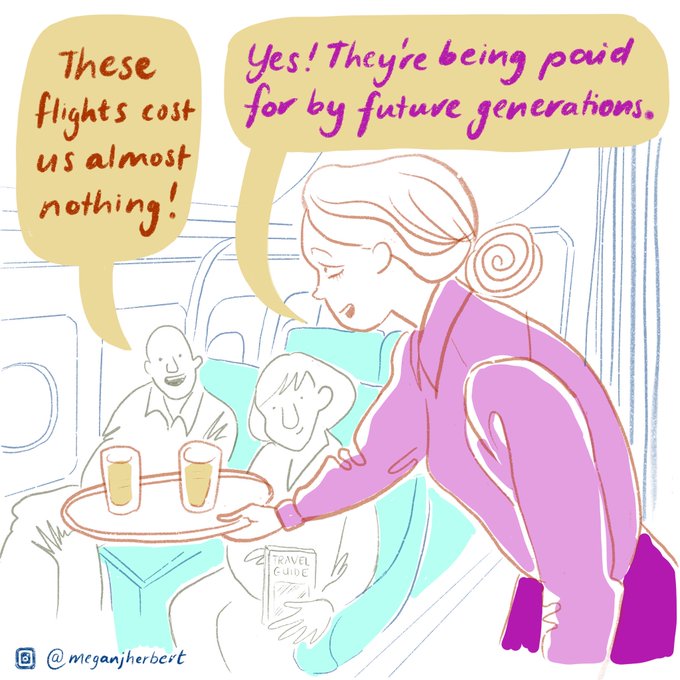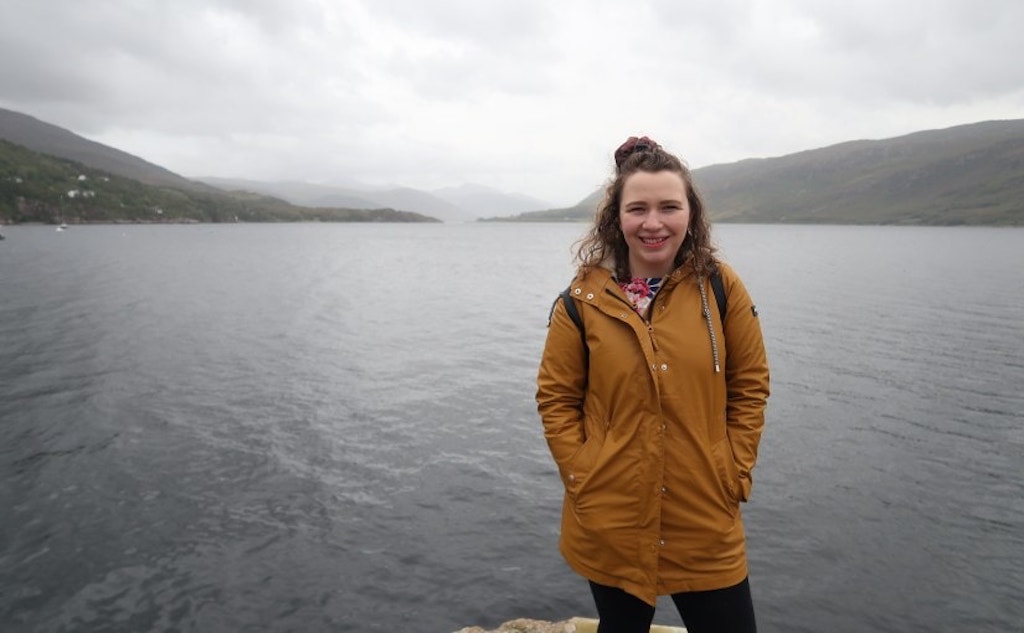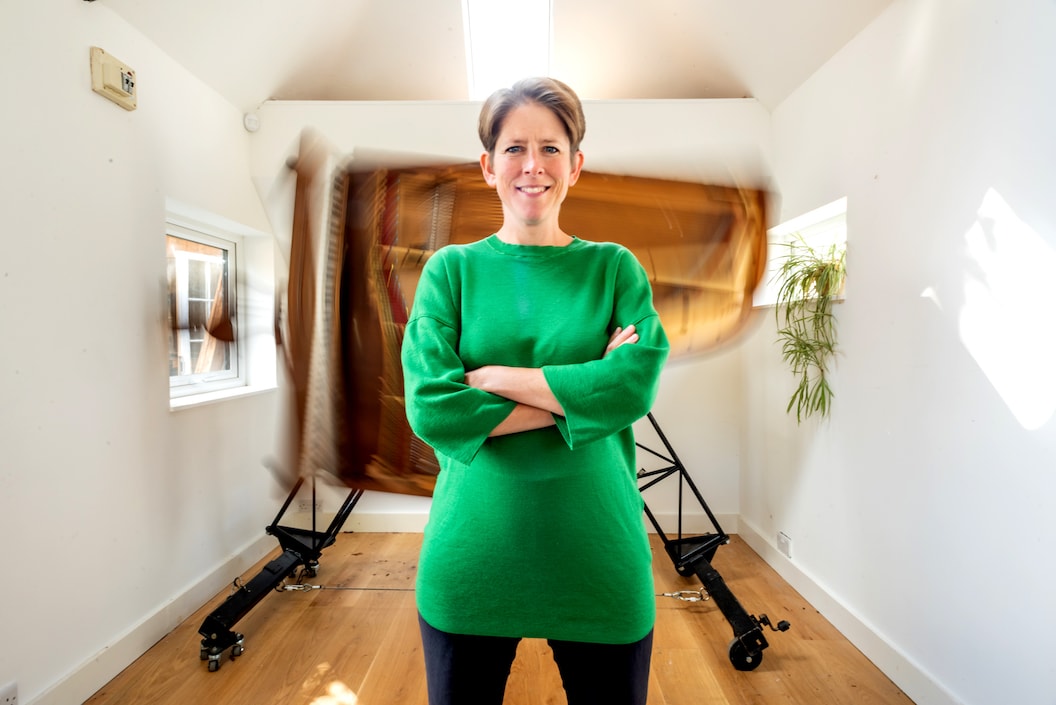There is a widespread belief that flying is a bargain, whereas train travel costs a fortune.
No-frills airlines have undoubtedly made flying more affordable, and their advertisements naturally feature their lowest fares. On the other hand, in the UK, news about train travel tends to be concerned with price rises, the complexity of ticket prices and the high price of peak service fares if you travel at short notice.
Flight Free UK recently featured in an article in the Guardian’s Money section, ‘We don’t fly any more and it doesn’t cost the earth’. The article examined the price of flights alongside the equivalent train and coach journeys; almost every example showed it to be cheaper when you don’t fly. Of course, fares vary depending on when you want to travel and how far in advance you book, but while a train ticket can usually be bought at face value, an advertised air fare comes with hidden extras: fees for checking in baggage, for choosing where to sit, and the cost of getting to and from the airport at both ends of your journey.
"Flights have hidden costs: fees for checking in baggage, for choosing where to sit, and the cost of getting to and from the airport."
Still, sometimes flights are amazingly cheap. A recent report by Ties Joosten, ‘A cheap airline ticket doesn’t fall from the sky’, showed how a range of subsidies, tax breaks and state support helps to keep fares much lower than they would otherwise be. There is no tax on aviation fuel by international agreement, which seems madness now we know the polluting status of flights and the pressing need to make progress towards a zero-carbon economy.
The thing is, there is no such thing as a cheap flight. The costs are born by other people: the people near the airport exposed to noise and pollution, and the people around the world who are living with the effects of climate change right now. And, of course, our children and grandchildren. If they are lucky, they will be paying for every gram of carbon dioxide that is emitted by a flight today to be sucked out of the atmosphere and stored. And if they are unlucky, they will be dealing with the effects of a dangerously warmer world. If these costs, which economists call externalities, were priced into the air fare, a lot of us would be choosing another means of travel.
"The thing is, there is no such thing as a cheap flight, the costs are born by other people."
So is it up to consumers to look beyond those hard-to-resist prices offered by airlines and see the true cost of their journey, whether that be actual cost or environmental cost? Only partly. It should also be down to airlines, industry regulators, governments, and institutions to communicate more clearly what happens when we book a flight. Because money talks, but at this crucial time for our planet, carbon talks louder.
What can you do?
- Book a train or a coach. Reduce demand for cheap flights.
- Look for alternatives to last-minute flight getaways.
- Sign the petition for a tax on aviation fuel
- Write to your MP about unfair tax breaks for aviation.
- Talk to your friends and family, and start a conversation about the high cost of cheap flights.





